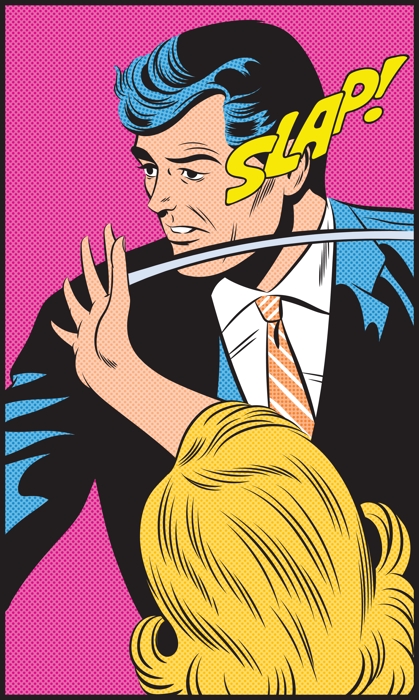
In T* A* LLC v Y*, T* A* alleged that Y*, a former business associate, violated contractual confidentiality and nondisparagement provisions by attempting to coerce favorable treatment in a private arbitration. According to the complaint, Y* threatened to offer damaging testimony in T* A*'s separate litigation with a major company—litigation to which he was not a party—if T* A* didn’t acquiesce to his demands. When rebuffed, Y* allegedly followed through, reaching out to the major company with an offer to provide false, harmful testimony.
In the court below, Y* succeeded in dismissing the claim by invoking the absolute litigation privilege, citing the Court of Appeals’ decision in Gottwald v Sebert. There, New York’s highest court reaffirmed that statements made in connection with judicial proceedings are immune from defamation liability, regardless of intent. But the First Department was unpersuaded.
The AD1 noted that this was not a defamation case, and that T* A*'s claim sounded in breach of contract, and Gottwald did not extend immunity to that domain. More pointedly, the privilege recognized in Gottwald applied to parties within the litigation—not to outsiders seeking to insert themselves for strategic gain. Y*'s alleged conduct, if proven, was not merely speech—it was contractual misconduct masquerading as protected communication.
The court also dispensed with Y*'s attempt to categorize the action as a SLAPP (Strategic Lawsuit Against Public Participation), rejecting his claim for attorneys’ fees under New York’s anti-SLAPP statute. Allegations of extortion and coercion, the court held, do not constitute “lawful conduct” under the statute. Nor did this private dispute rise to the level of “public interest” required for anti-SLAPP protection. In short: not every speech-adjacent controversy is a matter of public concern.
By reinstating the complaint, the AD1 reaffirmed that litigation privilege is not a blank check to breach private agreements. While courts remain vigilant in protecting robust legal advocacy, that protection ends where coercion and contractual breaches begin. In a legal landscape increasingly defined by blurred lines between forums and forums-for-hire, this ruling draws a much-needed boundary.
Looks like he was SLAPP happy until the court slapped back.
# # #
DECISION
